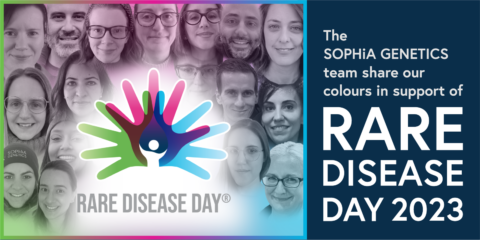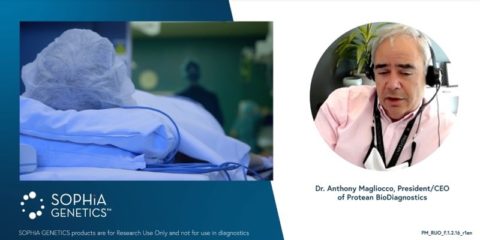Using a third-party sequencing service is an attractive option to institutions for whom the up-front capital investment of starting up a sequencing lab is an obstacle. There are many benefits to having access to a sequencing service, such as having predictable expenses and turn-around-times. However, in most cases there are significant challenges that remain in terms of data access and interpretation. Third party sequencing services often provide either a report for each sample, or just raw data. If a report is the only deliverable, institutions do not get access to the raw data and won’t be able to share it, archive it, or reanalyze it later. If raw data alone is delivered by the sequencing service, then institutions are on their own to find and test suitable secondary and tertiary analysis tools.
Gaining access to the raw data enables labs to perform data analysis in-house, for further analysis or to be aggregated with other samples for cohort-level investigation. Doing the analysis in house also gives the institution visibility into all variants present and detected within the sample, rather than just the reported variants. This visibility can lead to greater genomic discovery and increase knowledge of potentially relevant variants.
Doing data analysis in house can also help to support better decision making. Integrating the analysis platform into your institution’s existing health data management systems will allow decision makers to take a more comprehensive view of all the individual’s data which could help them consider more variants that might otherwise not be reported. Keeping interpretation in house will also allow institutions to consider the individual’s history. Breaking these data silos through integrations with native systems and bringing genomic analysis in house can support better decision making by focusing on the most relevant variants.
There are also cost benefits to doing the genomic analysis in house. Many sequencing services charge for the sequencing and the interpretation of the data. Doing the interpretation in house removed the associated costs, requiring expenses only for sequencing.
Decentralizing the analysis of genomic sequencing data can help institutions further adopt data driven medicine through ownership of their data. SOPHiA Integrated Solutions can help institutions bring genomic data analysis in house. With SOPHiA Integrated Solutions, samples are sent to one of our partner sequencing labs and the raw data is transferred back to your SOPHiA DDM account for analysis. This allows you to harness the analytical power of SOPHiA DDM to identify and report the relevant variants.












